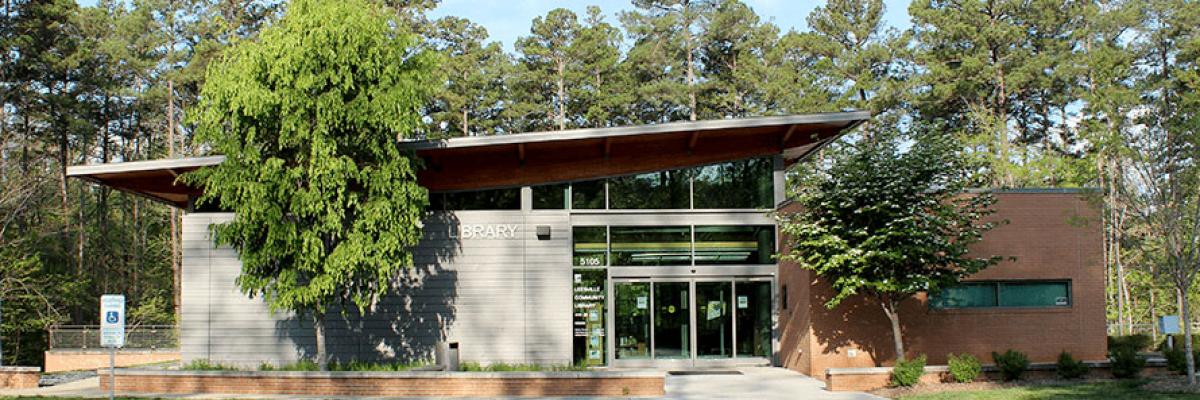
14 April 2021
Leesville Community Library
You might find it interesting to read about this particular public library.
This presentation will seek to answer three major questions:
In order to answer this question, we will look at:
In order to answer this question, we will look at:
In order to answer this question, the discussion leader will give you all an overview of the interviews conducted with a mix of librarians from both larger, urban library systems and smaller, rural library systems and give a summary of the findings.
Read this and plan to post a consideration about it.
We will be joined by a SILS MSLS graduate.
They began as a volunteer at McDougald Terrace Branch of the Durham County Library, before starting in the Wake County Public Library system. They were an intern at the Athens Drive branch, worked as a library assistant and the Youth Services Librarian at Cameron Village Regional Library, and is now the manager of the Leesville Community Library, a branch of the Wake County Library.

Leesville Community Library
You might find it interesting to read about this particular public library.